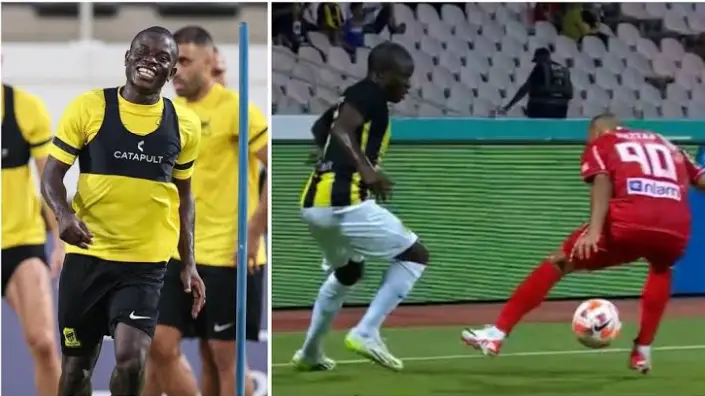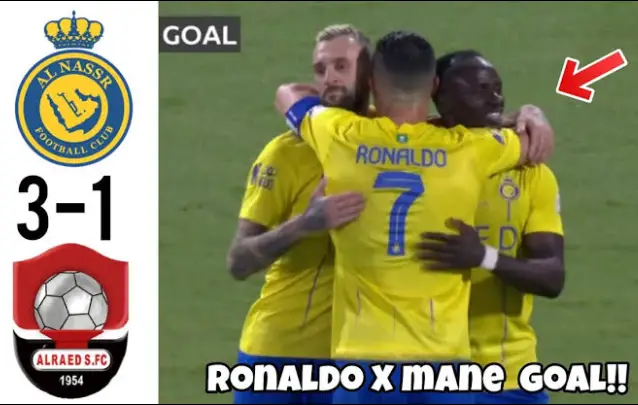After Henderson claimed he could help improve the lives of LGBT+ people in Saudi Arabia, see what they did to him.
Jordan Henderson slammed by the Saudi LGBT+ community for “total bulls***” claims”
Jordan Henderson, the esteemed footballer known for his time with Liverpool and his support for the LGBT+ community, has faced significant criticism following his move to Al-Ettifaq in Saudi Arabia.
Henderson’s assertion that he could potentially improve the lives of LGBT+ individuals in the conservative nation has been dismissed as “total bulls***” by activists and those who have fled the country due to persecution.
Henderson’s History of Support
During his tenure at Liverpool, Henderson was a staunch advocate for LGBT+ rights.
His endorsement of the Rainbow Laces campaign and his supportive messages to Jake Daniels, a Blackpool striker who came out as gay, highlighted his commitment to fostering inclusivity and acceptance within the realm of football.
A Move Met with Controversy
However, Henderson’s decision to join Al-Ettifaq has ignited controversy, with critics accusing him of betraying the very principles he once championed.
Saudi Arabia maintains strict laws against LGBT+ individuals, with severe penalties, including the death penalty, for those found guilty of engaging in same-sex relationships.
In an attempt to justify his move, Henderson expressed optimism about influencing positive change in the region.
However, his remarks have been vehemently rebuked by Wajeeh Lion, a gay Saudi human rights advocate residing in the US.
Lion dismissed Henderson’s assertions, emphasizing that the footballer’s presence in Saudi Arabia would not precipitate any tangible change in the oppressive legal landscape that marginalizes the LGBT+ community.
A ‘Slap in the Face’ for Daniels
Jake Daniels, the sole openly gay professional footballer in England, echoed the sentiments of many, describing Henderson’s move as a ‘slap in the face.’
Daniels, who garnered widespread support following his decision to come out, expressed his disappointment, suggesting that financial incentives might have eclipsed moral considerations in Henderson’s decision-making process.
“It’s total bull****. It’s the exact same rhetoric the Saudi government would push: ‘We’ll be inside to make change! How do you expect change will happen without us getting involved?!’ Footballers are only going there to play a football game,” Lion said.
“There’s no actual change. The laws haven’t changed, the constitution has not been changed. You will not have any effect over the rhetoric the government has, because once you speak up they could easily cut your pay, or kick you out of the country.
“They’re still your boss. You’re not there on a legislative or political perspective, you’re there to kick a ball. We don’t want a saviour, we want our rights back. We want our justice, we want prisoners to be out, we want concrete changes to the Saudi legal system.”
“He was backing me and said: ‘We’re proud of what you’ve done.’ Seeing him move to Saudi, it kind of like, slaps me in my face really. But I guess the money pays well, and money must mean more to people,” Daniels told BBC Sport.
Steven Gerrard, Henderson’s former teammate and current manager, also faced criticism from Daniels.
Despite Gerrard’s supportive gestures towards Daniels, his decision to join Al-Ettifaq alongside Henderson has elicited frustration and disillusionment from the Blackpool striker.
Jordan Henderson’s move to Al-Ettifaq has underscored the complexities surrounding the intersection of sports, politics, and human rights.
As debates continue to swirl around the ethical implications of engaging with nations that have questionable records on human rights, Henderson’s situation serves as a poignant reminder of the broader challenges and dilemmas faced by athletes navigating the intricate geopolitical landscape of modern football.



